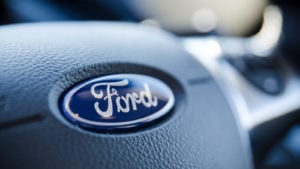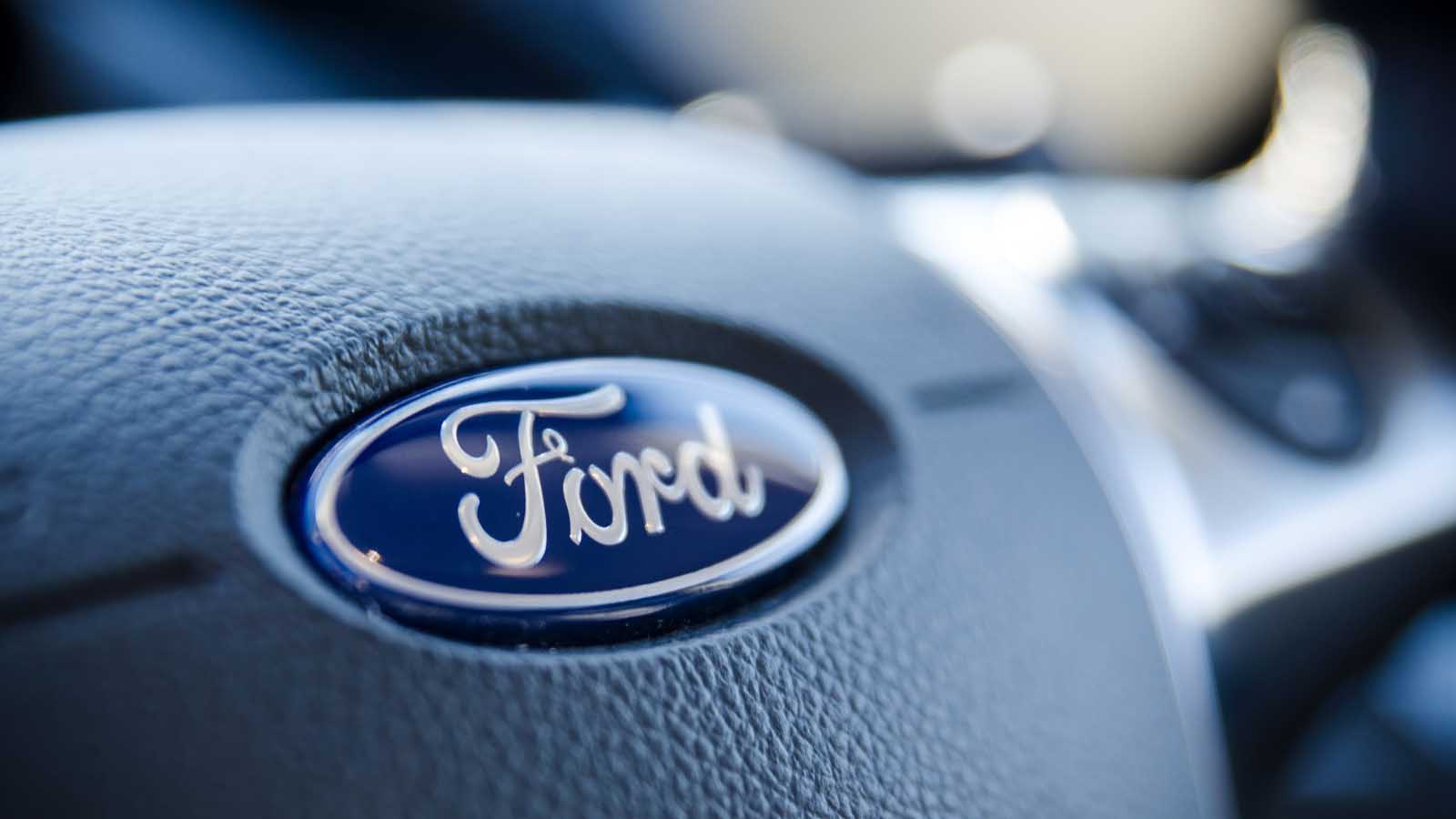Ford (NYSE:F) stock has an illusory high dividend yield. The company still can’t afford the quarterly 15 cent payment. So, investors shouldn’t be fooled by the 6.7% yield.

This isn’t my fist time highlighting the flaws of Ford’s dividend. Since I last wrote about the company Sept. 12, F stock has fallen 3.7% from $9.41 to $9.06 per share.
That article compared Ford’s second-quarter 2019 adjusted free cash flow with its dividend payments. We can now do the same here with Ford’s Q3 results.
The Cost of Ford’s Dividend
Ford’s Q3 adjusted free cash flow was flat compared with Q2 at just $200 million. Furthermore, its ability to finance the quarterly dividend worsened.
The Ford dividend cost $800 million in Q3. This means its $200 million in adjusted FCF cash flow is not enough to cover those payments.
Moreover, the global redesign and the company’s pension contributions cost another $500 million. Without the increase in debt, the total costs would have been $1.3 billion this past quarter. The $200 million in adjusted FCF can’t come close to financing these recurring expenses.
On top of this, in Q2, as you can see in my previous article, the cash flow deficit from adjusted FCF has increased. The dividend only cost $600 million in Q2. However, the total deficit was $1 billion, slightly higher than this quarter’s $900 million.
Ford’s Cash Net of Debt Is Faltering
The proof is in the pudding. The fact that Ford can’t afford its dividend can be seen in its falling cash balance, net of total debt.
The cash balance, net of debt, has fallen from $8.9 billion to $7.5 billion by the end of Q3. This is a drain of $1.4 billion in just three quarters. The cash drain in the last two quarters has been $1.9 billion.
So the question remains, can Ford really afford its dividend? In my September article, I pointed out that Ford has already cut out its special dividend.
I am not sure Ford really sees things this way yet. Management has been telling analysts that the adjusted FCF has been increasing from losses last year.
That is true, but in Q3 the adjusted FCF figure stayed at $200 million, flat with Q2. That is not growth. And that level of adjusted FCF still can’t cover the dividend, the global redesign and the pension payments.
The Bottom Line on Ford Stock
In its Q3 earnings release on Oct. 23, Ford lowered its guidance for its full-year earnings. This effectively means that Ford expects $500 million lower earnings before interest and taxes. That will feed directly into adjusted FCF by at least the same amount.
So I suspect that the after-dividend cost will bring a higher deficit. It is highly likely that Q4 adjusted FCF could turn negative. The deficit after the dividend payment could be as much as $1.4 billion.
This will draw down the company’s net cash balance further. That will not sit well with investors. For example, what if signs of a recession start to emerge? That will really draw down cash. Investors will begin to realize that the dividend is unaffordable at these levels.
Now, to Ford’s credit, it has not cut the dividend in a long time. And it may not yet do so unless there is a recession coming. But the fears of a dividend cut will continue to plague Ford stock.
For that reason, I do not see much upside. Holders of Ford stock should probably not sell yet. But I would be very wary of taking a new position just because the dividend yield looks enticing. It may turn out to be an illusory high dividend yield.
As of this writing, Mark Hake, CFA does not hold a position in any of the aforementioned securities. Mark Hake runs the Total Yield Value Guide which you can review here. The Guide focuses on high total yield value stocks. Subscribers get a two-week free trial.
